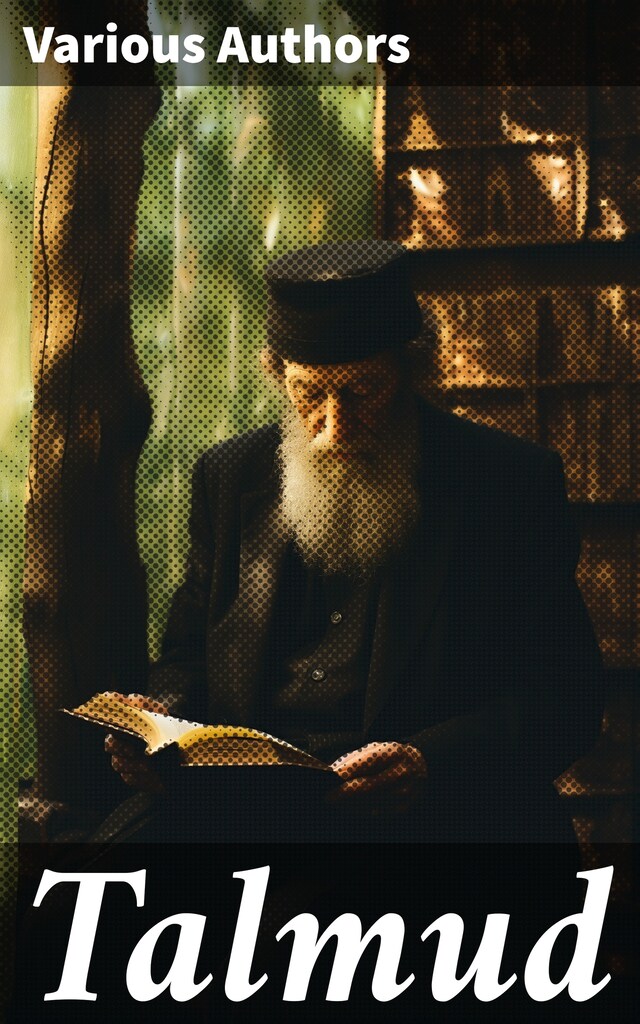Talmud
Exploring the Rich Tapestry of Jewish Wisdom and Legal Interpretation
Buchbeschreibung
The Talmud, a foundational text of Rabbinic Judaism, is a compendium of Jewish law, ethics, philosophy, and history, encapsulating centuries of oral tradition and scholarly debate. With its intricate structure, comprising the Mishnah and the Gemara, the Talmud employs a unique literary style characterized by dialectical reasoning and anecdotal narratives, merging legal discourse with narrative art. Its context is deeply rooted in the Jewish experience post-Temple destruction, reflecting the challenges of maintaining religious identity and practice in a Diaspora setting while offering insights into community life and spiritual resilience. The authorship of the Talmud is attributed to a diverse array of sages known as Tana'im and Amora'im, whose contributions spanned several centuries from the 2nd to the 6th CE. Their collective scholarship reflects a profound engagement with Jewish thought and law, influenced by the sociopolitical realities of the time, and seeks to provide guidance and interpretation, making the Tanakh (Hebrew Bible) applicable to everyday life. This collaborative effort illustrates the dynamic nature of Jewish tradition and the importance of discourse and dialogue in shaping religious understanding. I highly recommend the Talmud to anyone interested in Jewish philosophy, law, and history. Its rich tapestry of dialogue and critical inquiry offers profound insights into the complexities of faith and practice, making it essential reading for scholars, students, and anyone curious about the evolution of religious thought. Engaging with the Talmud is not just an intellectual exercise, but a journey into the heart of Jewish tradition.
 Various Authors
Various Authors 6 008 Seiten
6 008 SeitenDas Buch Talmud und über 1 Million andere Hörbücher und E-Books
ab € 7,99/Monat
Füll dein Leben mit Geschichten
